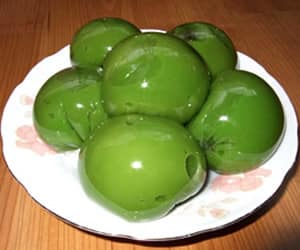
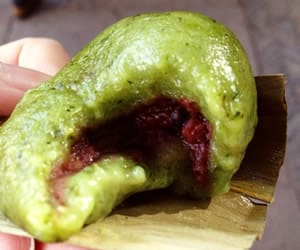
 This year’s festival happened to be a 3-day holiday, and traffic jams of 20 hours were reported in freeways around Shanghai. It’s something unthinkable in Japan.
“Only in China” is what one would feel when seeing such phenomenon year by year.
This year’s festival happened to be a 3-day holiday, and traffic jams of 20 hours were reported in freeways around Shanghai. It’s something unthinkable in Japan.
“Only in China” is what one would feel when seeing such phenomenon year by year.



 This year’s festival happened to be a 3-day holiday, and traffic jams of 20 hours were reported in freeways around Shanghai. It’s something unthinkable in Japan.
“Only in China” is what one would feel when seeing such phenomenon year by year.
This year’s festival happened to be a 3-day holiday, and traffic jams of 20 hours were reported in freeways around Shanghai. It’s something unthinkable in Japan.
“Only in China” is what one would feel when seeing such phenomenon year by year.
REPOTER

After working at Shanghai Television, he has been active as a reporter living in Japan for the fashion magazine “The Big City” and as a Chinese copywriter for an advertising company. He formed his own company in 2001 that focuses on media to provide services that attract Asian tourists. He served as the Chairman of the Steering Committee and as a stage manager for the “Asian Music Festival.” He also publishes a free magazine which is distributed by local travel agencies in China, Hong Kong and Taiwan, and manages a travel portal site encouraging Chinese people to visit Japan.
What's New
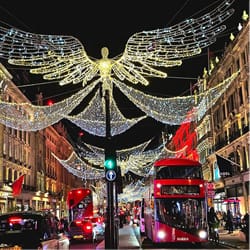


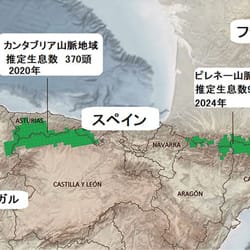
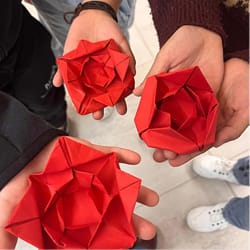
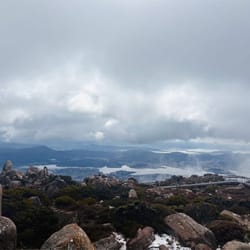
REPORTER











































What's New





